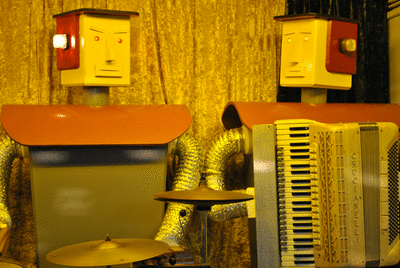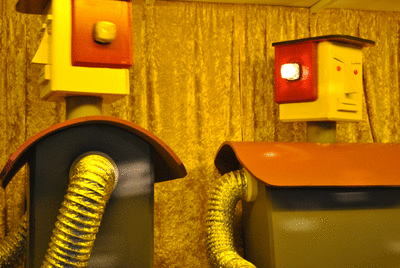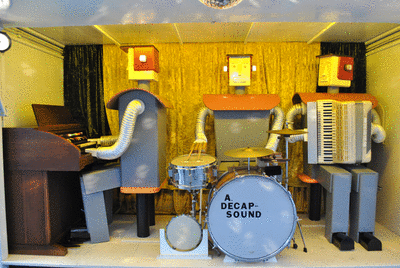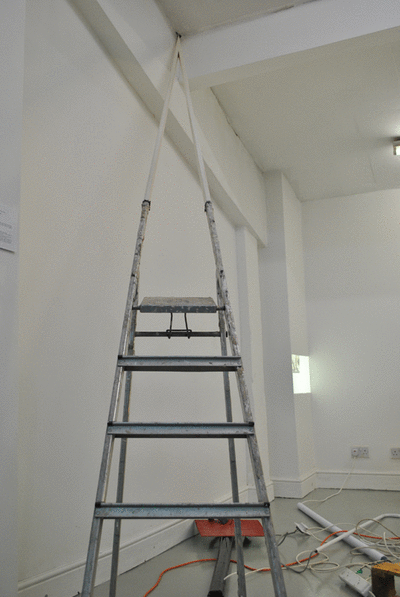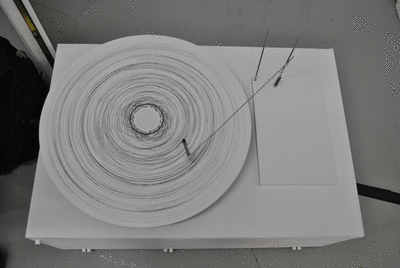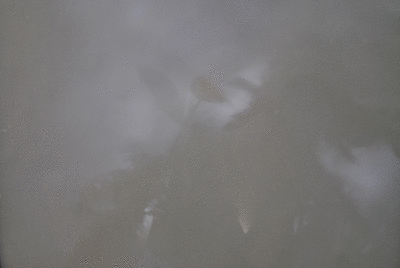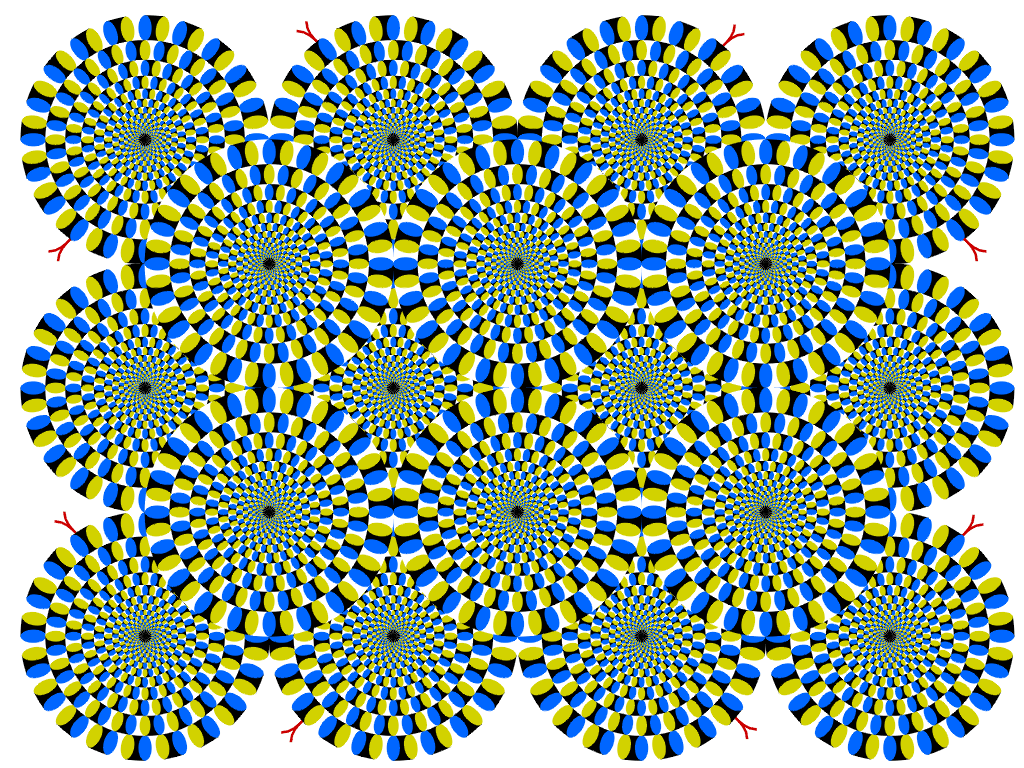In it’s first year as part of the MMU Art and Design School the Medialab has been visited by a long list of creative practitioners who have shown their work and discussed their working practice. Collectively, the discussions provide insight into the diverse methodologies currently being applied within the field.
This year we intend to record the discussions in order to produce a book.
What kind of questions would you like to ask that might help you in your practice? Have a look at the ones listed below and feel free to make suggestions or amendments. Especially interested in ideas for Film / Photography practitioners (and those who work between / across media) as these aimed are more to Media Arts. [They are also good questions to try and answer yourself.]
By the way, this is not a plan to structure the talks in a very formal way – these are questions that could be asked at the end of the artist’s talk is they have not already been discussed.
Do you use the term ‘media art’ to describe your work? Any thoughts on how this term defines practice?
How would you describe your methodology?
Which artists’ work have particularly influenced your practice or inspired you?
How does technology figure within your practice both practically and philosophically?
What experience have you had of collaboration?
Has failure helped you to learn?
At what point in your process do you consider an audience?

